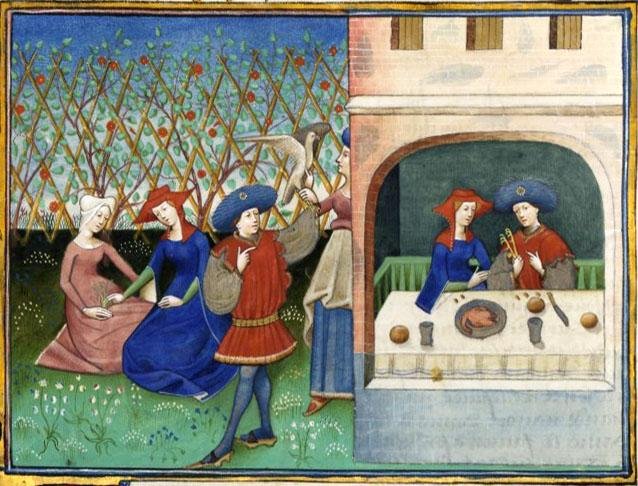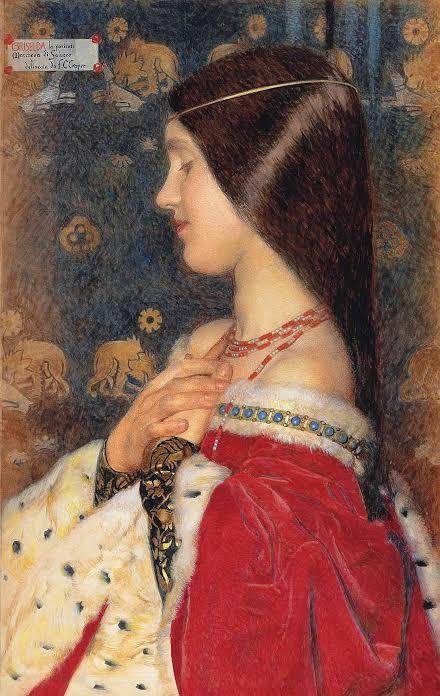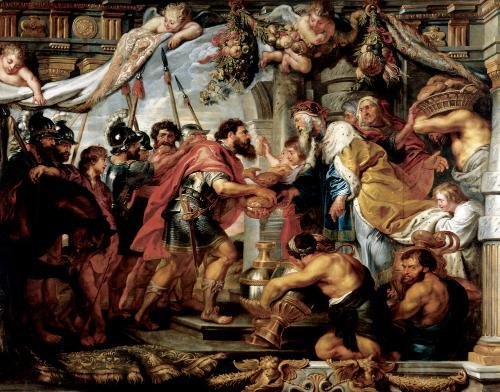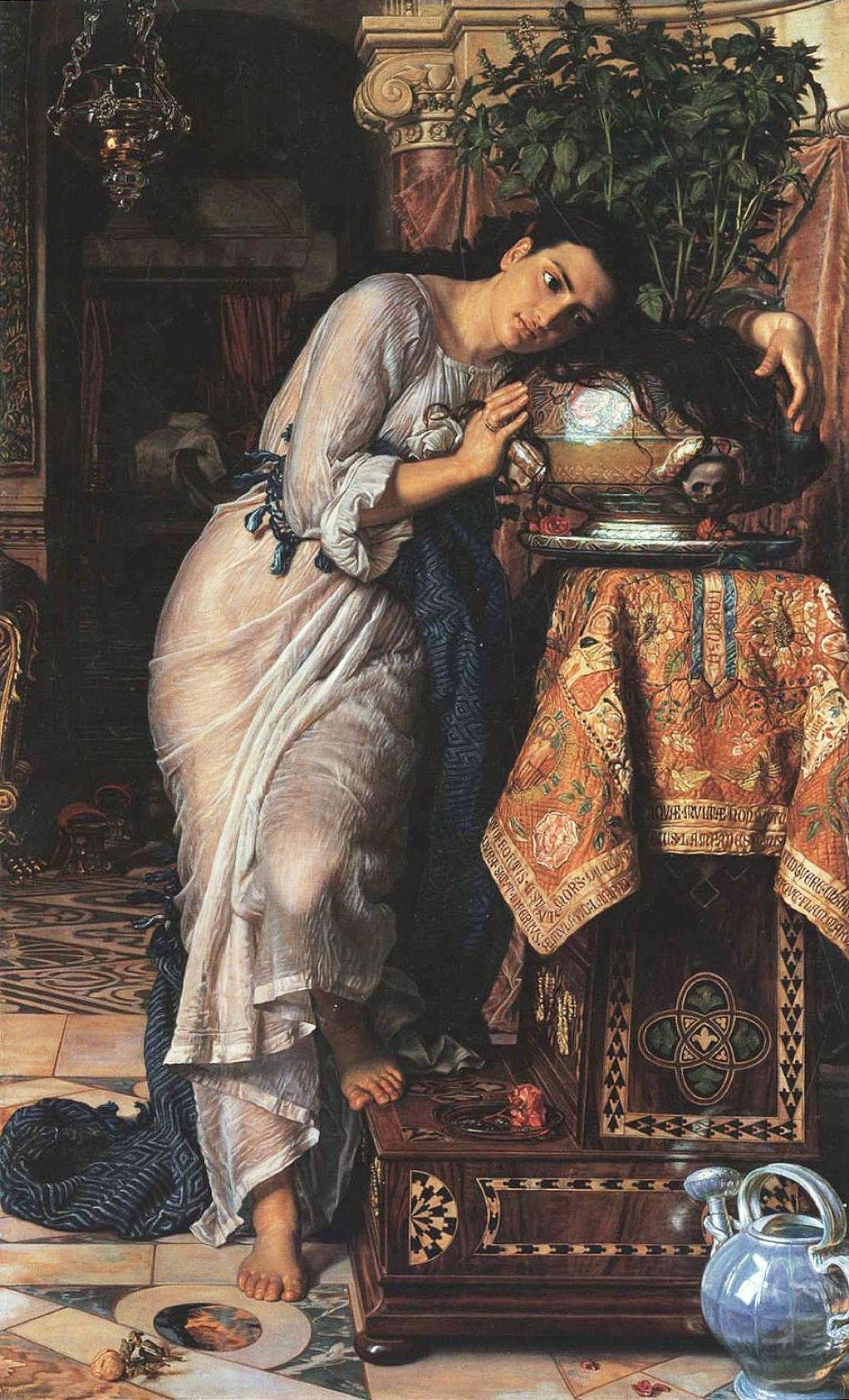“A Bird Worth More Than Gold: Sacrifice and Love in Federigo’s Falcon”

Introduction:
Giovanni Boccaccio’s “Federigo’s Falcon,” told on the fifth day of The Decameron, is a poignant tale that explores love, sacrifice, and the ironic turns of fate. Beneath its simple plot lies a powerful message about the nobility of selflessness and the unpredictable ways love is returned. In a time when social class and wealth dictated worth, Boccaccio presents a humble knight who gives everything for love only to be rewarded when he least expects it. The tale masterfully weaves irony and emotion, reflecting both the values of the 14th century and timeless human truths.
Summary:
Federigo, a nobleman of Florence, squanders his wealth trying to win the love of a lady named Monna Giovanna. Though his affections go unreturned, he remains devoted. Years later, widowed and with her son gravely ill, Monna seeks out Federigo to request his prized falcon–her son's only wish. Unaware of her intent, Federigo, who has little left, cooks the falcon to feed her. When she finally reveals her request, she is stricken with sorrow. However, moved by his generosity, she later marries him after her son dies, and they live happily.
Analysis:
At its heart, “Federigo’s Falcon” explores the theme of noble sacrifice, a virtue idealized in medieval chivalry but given emotional depth in Federigo’s humble gesture. Unlike traditional knights who achieve glory through battle, Federigo earns admiration through quiet dignity and unwavering love. His greatest act isn’t grand, but deeply human: sacrificing the last thing he loves to honor a guest. This inversion of the knightly ideal reflects a growing appreciation for inner virtue over external wealth or status perhaps a subtle critique of Florentine society’s materialism.
Boccaccio skillfully uses irony to highlight both the futility and eventual reward of Federigo’s actions. The falcon, once a symbol of wealth and prestige, becomes a tragic meal. When Monna Giovanna asks for it, the irony is doubled—the gift has already been consumed, literally and symbolically. Yet this twist sets the stage for the tale’s emotional climax and reveals the depth of Federigo’s devotion. Rather than scorn or scold him, Monna is moved. In this, Boccaccio affirms that genuine love transcends timing and misunderstanding.
Another compelling element is the symbolism of the falcon itself. Once a creature of hunt and sport, in Federigo’s home it represents both his past wealth and his current poverty. Its sacrifice becomes a turning point, signifying the death of vanity and the triumph of humility. Monna Giovanna’s transformation initially visiting out of obligation to her son, then choosing to marry Federigo is just as important. It suggests that empathy and recognition can bridge divides of class and pride.
Viewed through the lens of 14th-century values, the tale affirms emerging ideals of romantic love, individual merit, and emotional authenticity. Amid the backdrop of plague, social upheaval, and a shifting economy, Boccaccio’s audience may have found comfort in stories that reward kindness and constancy over cunning or wealth. In modern times, this tale continues to resonate. Its themes—unrequited love, the tension between wealth and worth, and the unpredictable nature of grace—still speak to our emotional core. The falcon may be a medieval relic, but the human heart remains unchanged.
Personal Response:
What struck me most about this tale was its emotional subtlety. Unlike other Decameron stories rich in humor or bawdy wit, this one is quiet and sincere. Federigo’s quiet dignity, his refusal to complain, and his willingness to give all without expectation reminded me of a deeper, more selfless kind of love rarely portrayed in popular media today. I genuinely felt the sorrow of his falcon’s fate and the bittersweet moment of Monna’s realization. The story’s pacing, economy of language, and emotional resonance made it not just memorable, but moving.
Conclusion:
“Federigo’s Falcon” stands out in The Decameron for its emotional depth and moral clarity. It teaches that true love isn’t about grand gestures or wealth, but about sacrifice, sincerity, and silent strength. In a time of uncertainty—whether the 14th century or now—Federigo’s story reminds us that selflessness often goes unnoticed, but is never without value. This tale, nestled among a hundred others, remains a quiet triumph of character over circumstance, and a timeless ode to love’s enduring grace.








